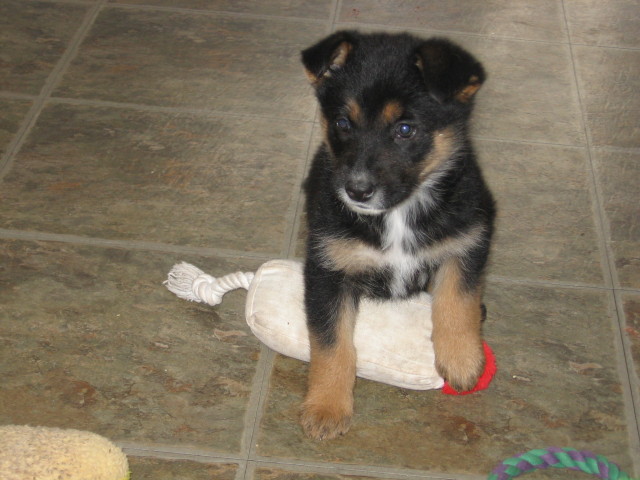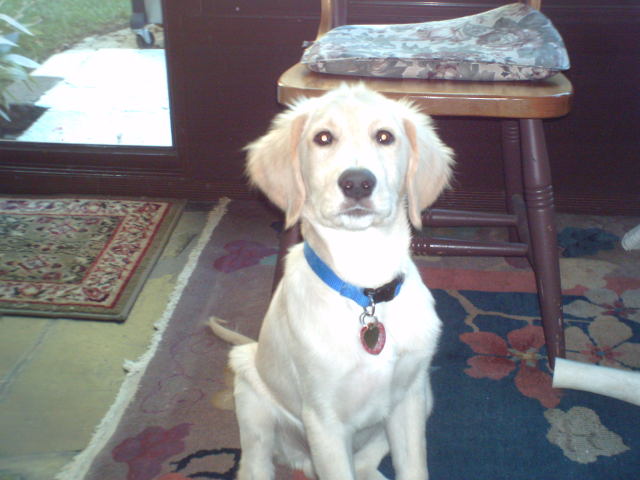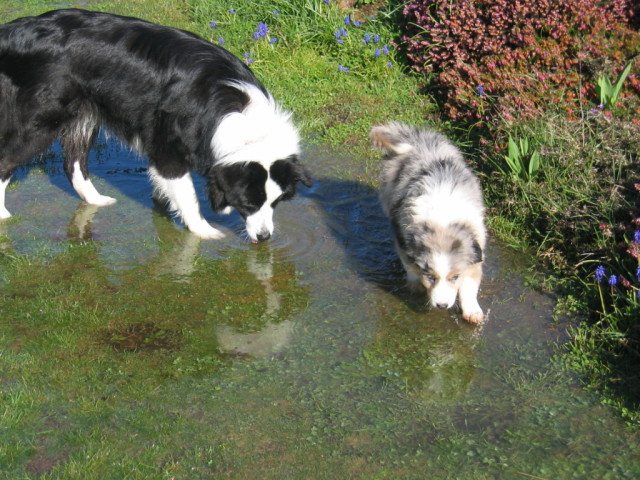QuestionHi, I am in England and currently completing various courses so that I can share my knowledge as an animal behaviour therapist. I am completing my final examination question and was just looking for some different ideas to draw upon. The essay question is 'To what extent can a dog's behaviour be trained, bearing in mind the strength of the dog's own natural instincts?' Any variations welcome. Thank you
AnswerHi Kirsten, There are a few key points to consider when answering this question. Here is some food for thought. The behaviorists skills must be considered, as well as their confidence and educational level. Different breeds have different natural instincts. For instance it will be different training a dog with a high prey drive vs. a dog with a low prey drive. One must consider the breed as well when changing behaviors in a shepherd, terrier or poodle, as each breed will have it's own strengths and weaknesses. For instance, I would have an easier time stopping a Yorkshire Terrier from chasing sheep than I would an Australian Shepherd. One the other hand, if I want to train a dog to be a good earthdog or ratter, I would choose a terrier over a hound. So in changing any dog's behavior, we must consider the breed and use it's natural instincts as an asset as we train them. Having been a canine behaviorist for many years, I have learned to draw upon the dog's instincts to serve me in working with them. In training Service Dog's, we must consider the breeds instincts and traits as we run them through the battery of tests to see if they will pass or fail at a particular service. In the field, we also find that one of the biggest problems we come across is that the owner does not understand the breed instincts and usually is training the dog in direct opposition its instincts rather than using them as an asset to move forward.
I can get a Poodle, Shepherd, Basset Hound, Toy Fox Terrier and Doberman Pinscher all to stand up and press a button or pull open a refrigerator door, but it will always be easier and less time consuming to use the dog which is suited for the job both physically and instinctively. I hope this helps give you some thoughts to draw upon, but you must consider all things and come up with your own conclusions. Thanks for writing. Let me know how it goes. I wish you all the best in your career. It is so very rewarding to work with dogs. Regards, Susan

 puppy problems
QuestionQUESTION: I am the proud owner of 2 german shep
puppy problems
QuestionQUESTION: I am the proud owner of 2 german shep
 Mini Daschund with anxiety issues
QuestionAbigayle
QUESTION: I have a 3 1/2 yr old
Mini Daschund with anxiety issues
QuestionAbigayle
QUESTION: I have a 3 1/2 yr old
 my 7 month old golden changed for the worse
QuestionRiley at 6 months
QUESTION: I got a gold
my 7 month old golden changed for the worse
QuestionRiley at 6 months
QUESTION: I got a gold
 Dog in Heat?
QuestionLily and Jorge
QUESTION: Hello,
We have
Dog in Heat?
QuestionLily and Jorge
QUESTION: Hello,
We have
 Sudden aggression within pack after a death
Question
Sudden aggression in o
We have an approximatel
Sudden aggression within pack after a death
Question
Sudden aggression in o
We have an approximatel